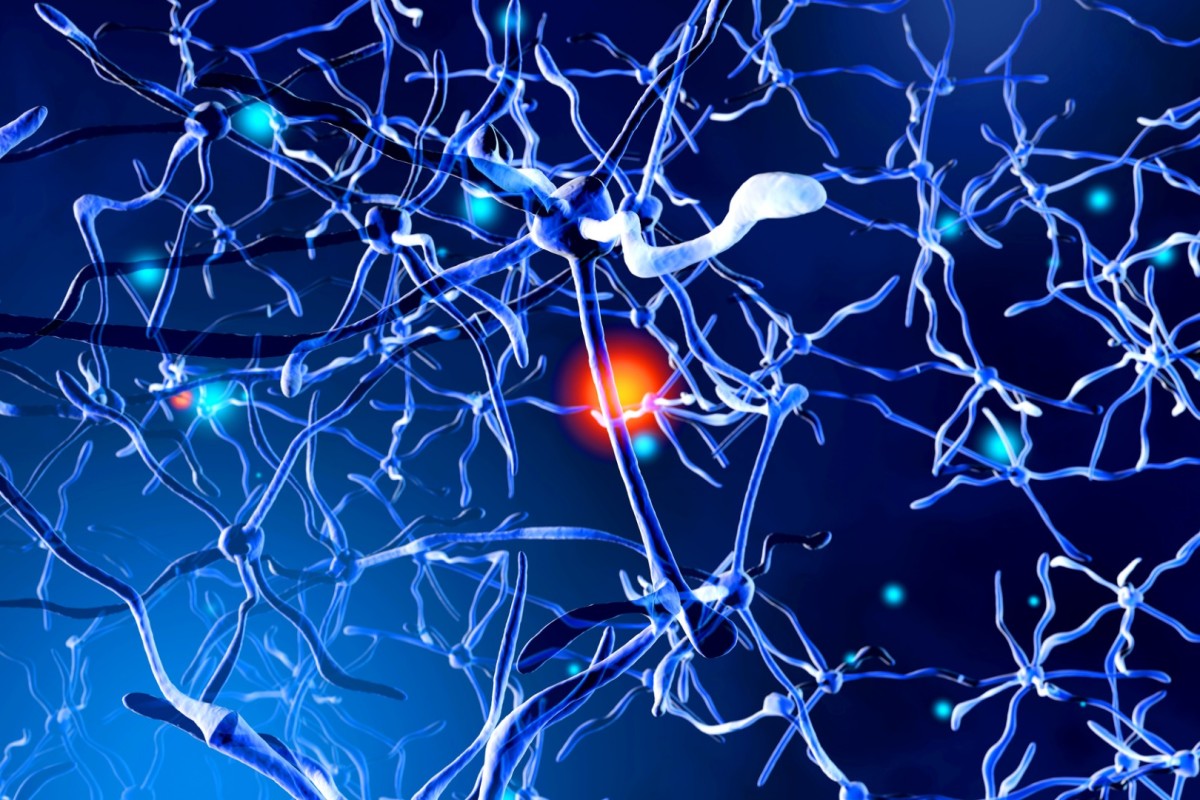According to a new study published in Alzheimer’s & Dementia, the inability to eliminate amyloid beta protein may result in the development of Alzheimer’s disease.
The study was initiated by researchers at Johns Hopkins University and included 27 patients in early to late adulthood, most of which were females.
From the study: “Degradation and clearance of amyloid beta (Aβ) peptide are likely critical for brain health. Animal studies have demonstrated the role of the glial-lymphatic system in the clearance of Aβ and other brain metabolites, but no such information has been available in humans.”
“Here we ask whether this system contributes to the clearance of Aβ from the human brain. In the absence of an applicable imaging method, we examined cervical and inguinal lymph nodes resected for cancer therapy or staging using immunohistochemistry,” David Nauen and Juan Troncoso explained in their findings.
Researchers uncovered that the levels of amyloid beta-containing cells were significantly higher in the cervical lymph nodes in comparison to the inguinal nodes.
“The finding of Aβ in lymphatic tissue should be confirmed by other means such as mass spectrometry comparing cervical and inguinal nodes, in the same patients, from autopsy,” the findings say.
“The brain should also be evaluated, and if possible this examination should be combined with knowledge of APOE genotype and ideally with longitudinal information on pre mortem cognitive function as well as exercise and sleep patterns.”


